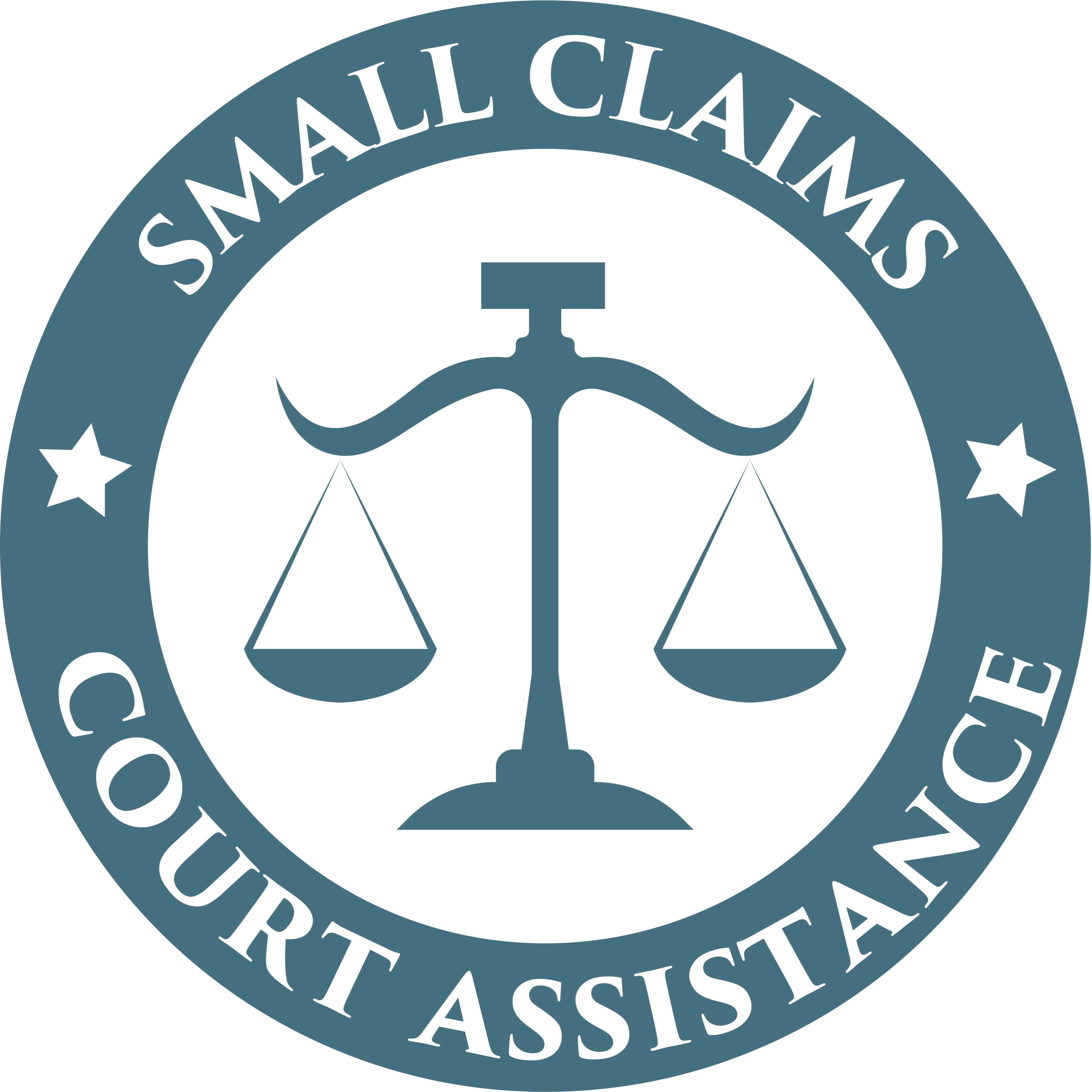Customer non-payment can have a significant impact on small businesses, affecting their financial stability and hindering their growth. In this article, we will explore the challenges faced by small businesses in recovering payments and discuss strategies for preventing customer non-payment.
Key Takeaways
- Customer non-payment can lead to financial difficulties for small businesses.
- Small businesses often face challenges in recovering payments from customers.
- Establishing clear payment terms and policies can help prevent customer non-payment.
- Implementing effective invoicing and payment systems can improve payment collection.
- Regularly reviewing and following up on unpaid invoices is crucial for small businesses.
Understanding the Impact of Customer Non-Payment on Small Businesses
The Financial Toll of Unpaid Bills
Dealing with unpaid invoices can have a significant impact on small businesses. It creates financial strain and disrupts cash flow, making it challenging to cover expenses and invest in growth.
Challenges Faced by Small Businesses in Recovering Payments
Recovering payments from customers can be a daunting task for small businesses. Small Claims Court Assistance can provide a legal avenue for resolving disputes and recovering unpaid bills.
Strategies for Preventing Customer Non-Payment
Establishing Clear Payment Terms and Policies
When it comes to payment terms and policies, we have a structured approach to ensure smooth transactions and minimize the risk of non-payment. Our goal is to establish a clear understanding between us and our customers, promoting trust and accountability. Here’s how we do it:
Implementing Effective Invoicing and Payment Systems
Our approach to implementing effective invoicing and payment systems is designed to streamline the payment process and minimize the risk of customer non-payment. We understand the importance of timely and accurate invoicing, as well as providing convenient payment options for our customers. Here are some key points to consider:
Strategies for Preventing Customer Non-Payment
Frequently Asked Questions
What should small businesses do when customers don’t pay their bills?
Small businesses should first attempt to communicate with the customer and understand the reason for non-payment. They can then implement strategies such as offering payment plans, hiring a collection agency, or taking legal action if necessary.
How can small businesses prevent customers from bailing on bills?
Small businesses can prevent customer non-payment by establishing clear payment terms and policies, implementing effective invoicing and payment systems, and conducting thorough credit checks on new customers.
What are the financial consequences of customer non-payment for small businesses?
Customer non-payment can have a significant financial impact on small businesses. It can lead to cash flow problems, hinder business growth, and even result in bankruptcy in severe cases.
What are the challenges faced by small businesses in recovering payments from customers?
Small businesses often face challenges in recovering payments from customers. These challenges include difficulty in locating customers, lack of legal knowledge, and the cost and time involved in pursuing legal action.
Are there any legal actions small businesses can take against customers who don’t pay their bills?
Yes, small businesses can take legal actions against customers who don’t pay their bills. They can file a lawsuit, obtain a judgment, and use collection methods such as wage garnishment or property liens to recover the unpaid amount.
What are some effective strategies for small businesses to recover payments from customers?
Some effective strategies for small businesses to recover payments from customers include sending payment reminders, offering discounts for early payment, and using collection agencies or debt collection services.


Comments are closed